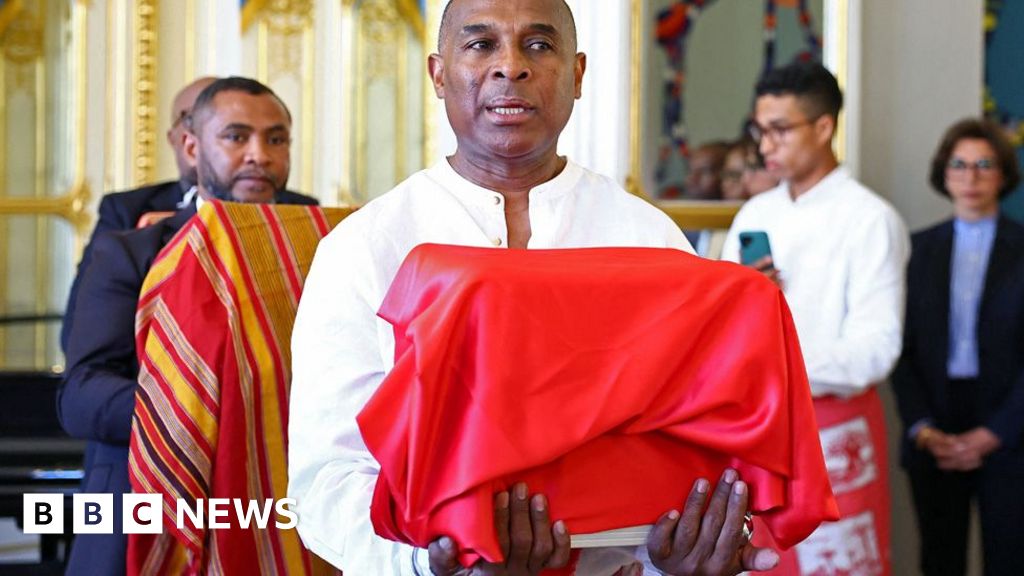In the days leading up to the announcement, cardinals gather at the Vatican, anticipating the future direction of the Church, especially after the funeral of Pope Francis, renowned for his emphasis on humility and poverty inspired by St. Francis of Assisi. Previous pontiffs embraced this tradition to emphasize their vision; for instance, John Paul II's name paid homage to his predecessor, showcasing a continuity in leadership focus.
This centuries-old tradition, beginning with the election of Pope John II in the 6th century, allows for symbolic naming—where a pope may evoke past priorities, such as a John Paul III to emphasize social justice or a Pius XIII for steadfast tradition. The announcement will be made in Latin from St. Peter's Basilica by Cardinal Dominique Mamberti, marking the commencement of a new chapter for the Church.
As the world awaits this announcement, followers reflect on how a name can encapsulate aspirations and set the tone for future papal leadership.
This centuries-old tradition, beginning with the election of Pope John II in the 6th century, allows for symbolic naming—where a pope may evoke past priorities, such as a John Paul III to emphasize social justice or a Pius XIII for steadfast tradition. The announcement will be made in Latin from St. Peter's Basilica by Cardinal Dominique Mamberti, marking the commencement of a new chapter for the Church.
As the world awaits this announcement, followers reflect on how a name can encapsulate aspirations and set the tone for future papal leadership.






















